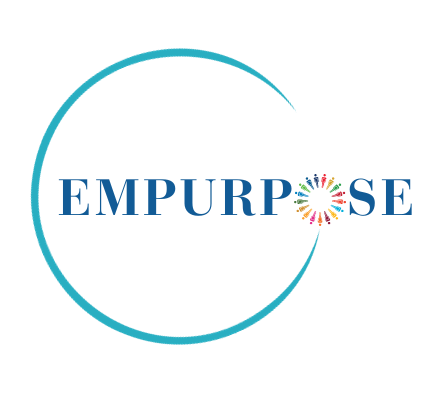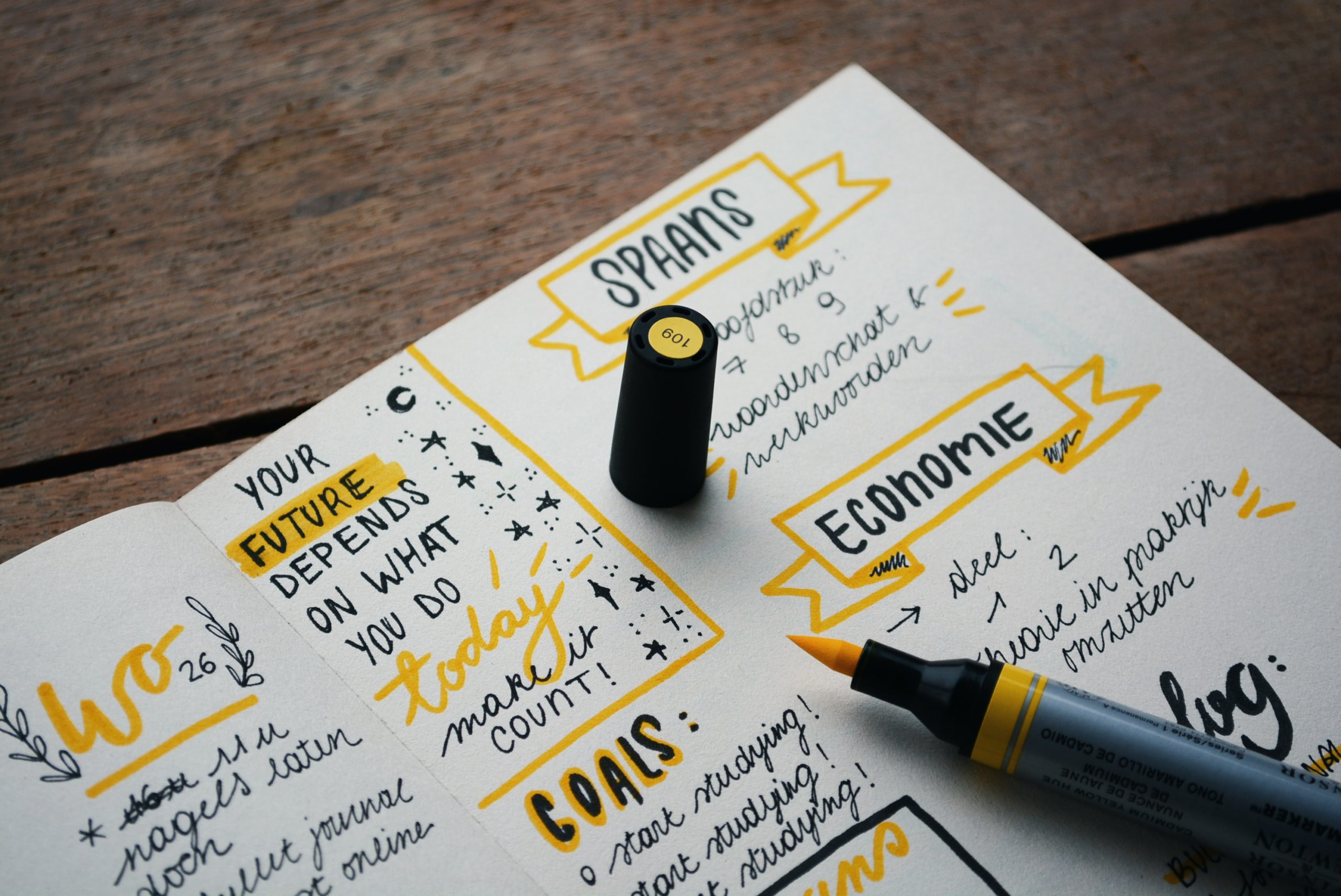MIND newsletter: The burden of invisible chains
Though the action is felt to be free, is it free?
Steiner Tweet
Happy Saturday everyone! 😉
As you flip through various self-help books, you’ll often come across advice that suggests your emotional state, whether happy, sad, or disappointed, is entirely your choice, and that only you can change it. There’s a quote that goes something like, “If someone offers you poison, you can choose whether to drink it or not.” This got me thinking about how free we actually are.
In one of the previous newsletters, we also delved into the danger of self-help. But for today, I perhaps just want to reiterate that we might not be as free as we fantasize to be, even with our emotions.
Here comes the story I heard this week. It was about a coach/consultant who noticed her teenage son was upset. She asked him what was bothering him, and he revealed that he had been verbally bullied at school. When she asked him how he was feeling, he replied, “I’m angry.” After comforting him, she added, “Their actions are wrong, but it’s also your choice whether to be angry or not.” His response was unexpected: “I can’t choose. I just feel angry.”

In that moment, she realized that she, and perhaps many others, had unintentionally suppressed their emotions due to the illusion that we have complete control over our feelings, such as choosing to be happy or sad. I call this illusion the “invisible chain,” and the paradox is that the only way to set ourselves free is to repeatedly question our freedom. And hopefully, by questioning it, it will spark something within us, urging us to be more than just obedient citizens of society and to become active citizens who use their voices to make the world a little better each day.
It doesn’t have to be a grand gesture. Often, our mere presence is enough. Extend this presence to your loved ones, friends, and even strangers, even though the task isn’t always easy. I wish I had known early on in my life that assisting those going through tough times demands extreme sensitivity and consciousness of our words and actions. When we believe we are listening, we must ask ourselves if we truly are, especially when our immediate response is, “Don’t worry, everything will be alright.“
Writing up to this point, I was reminded of four mantras by Thay Thich Nhat Hanh, words that we often find challenging to express, yet they hold immense power:
1) I’m here for you
2) I know you are there, and I am very happy
3) I know you suffer. That’s why I am here for you
4) I suffer. Please help



